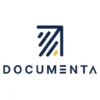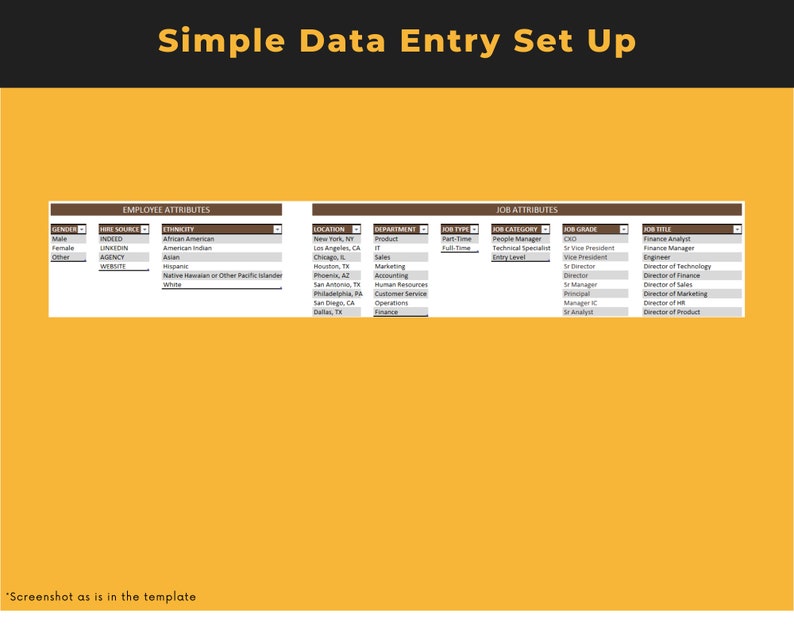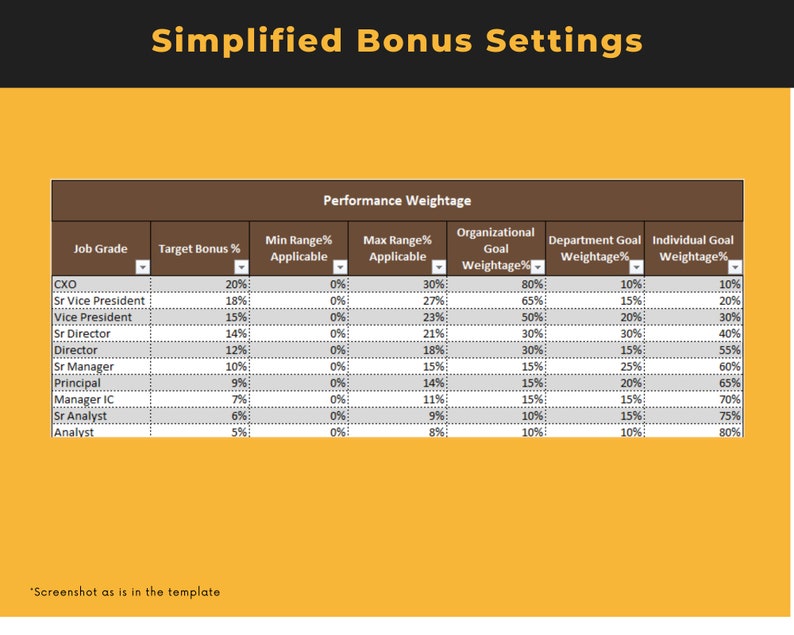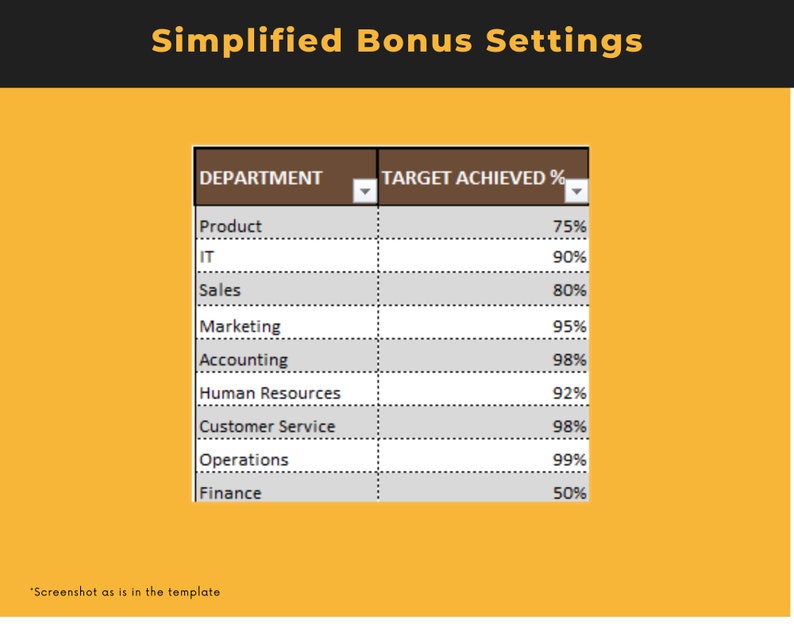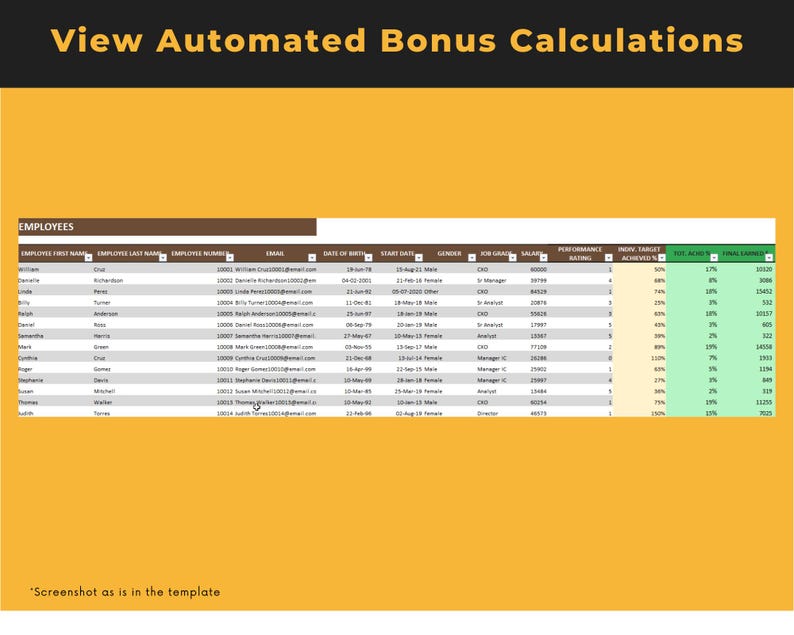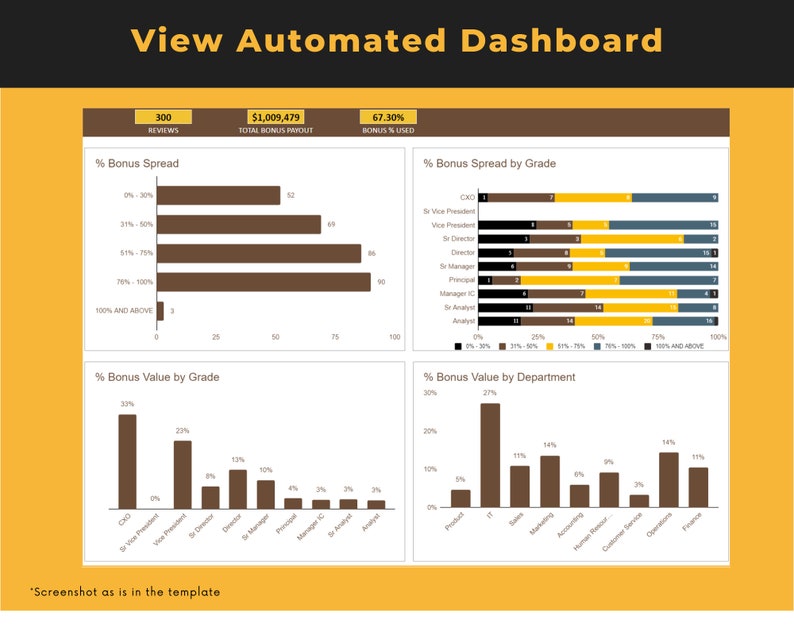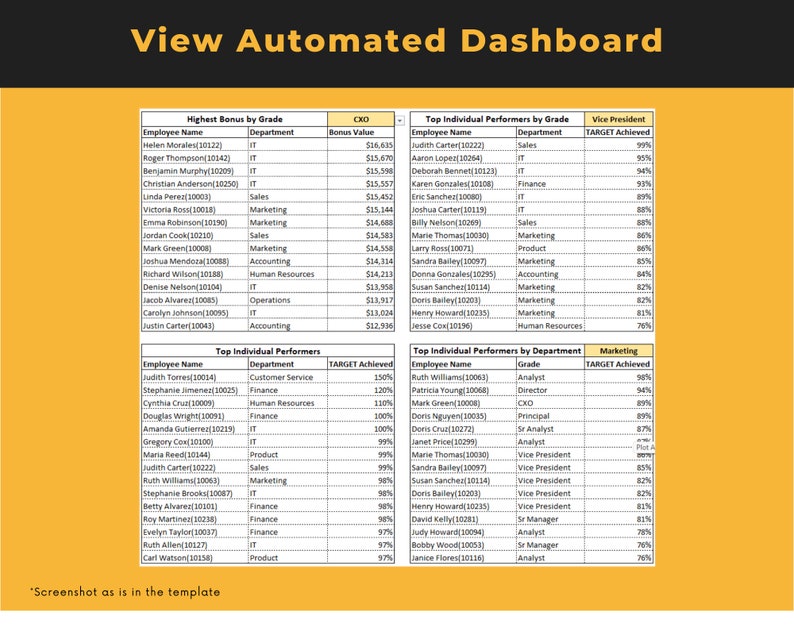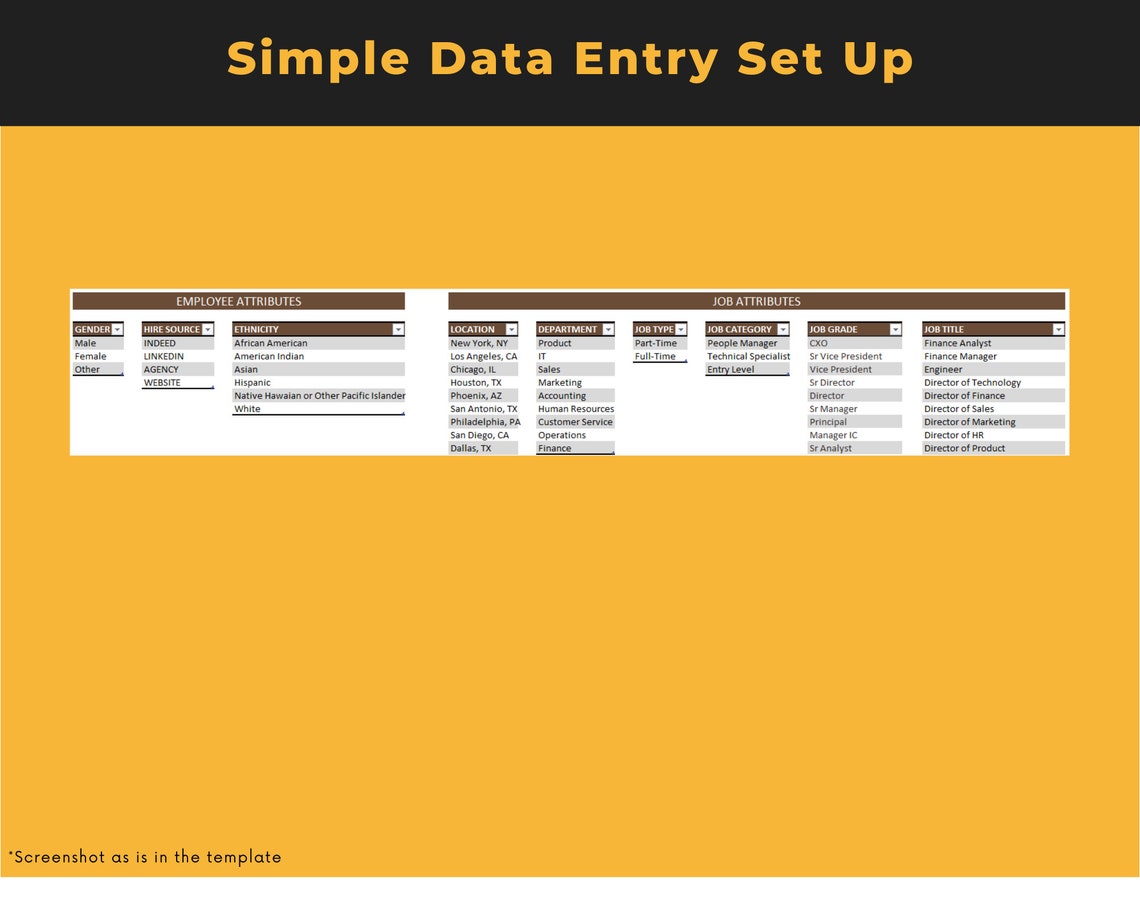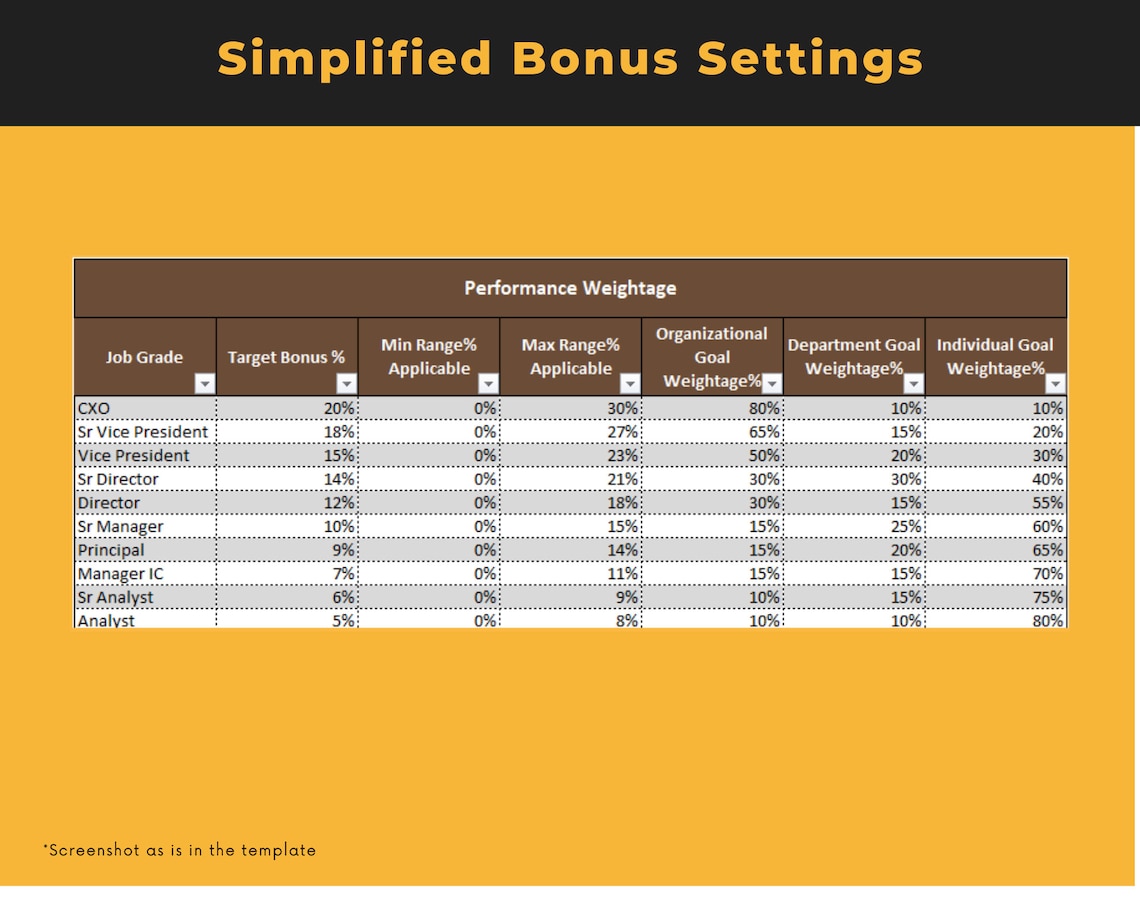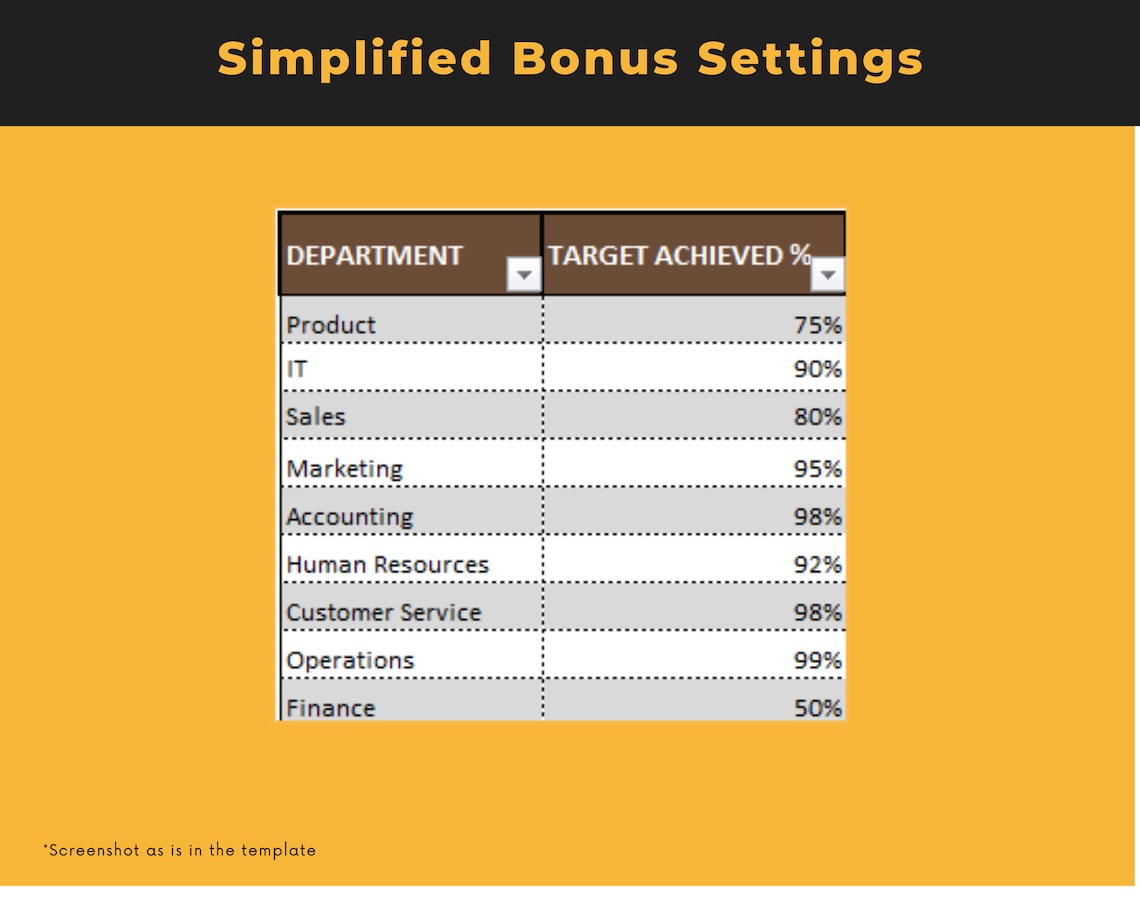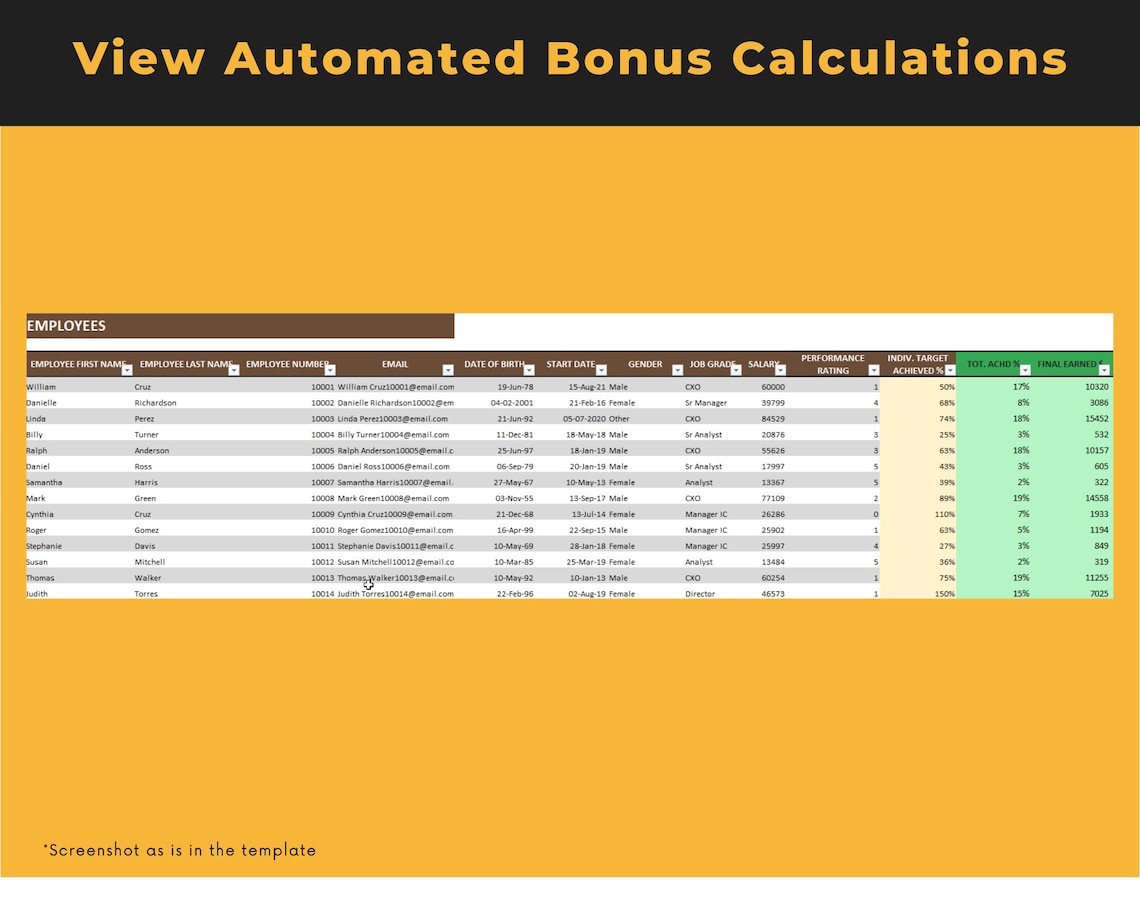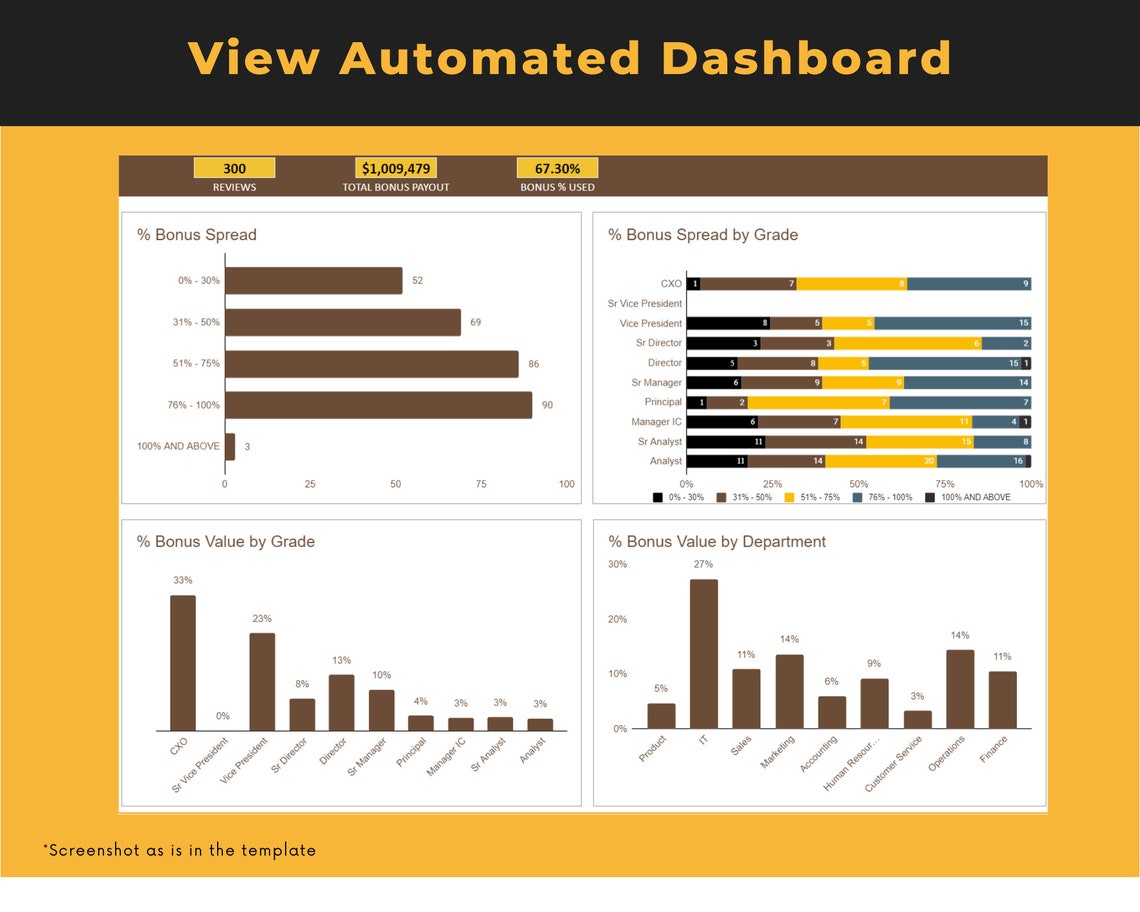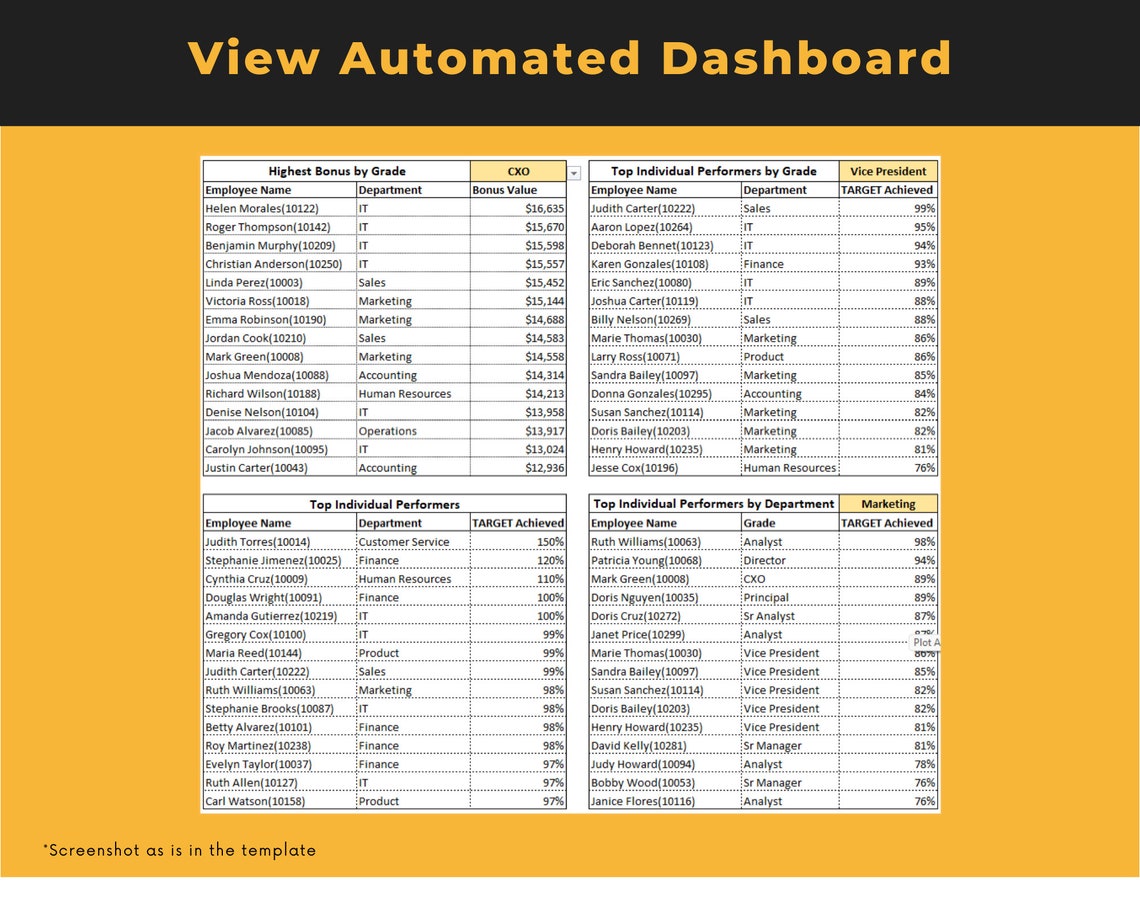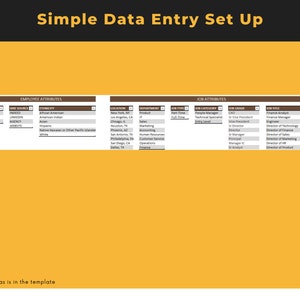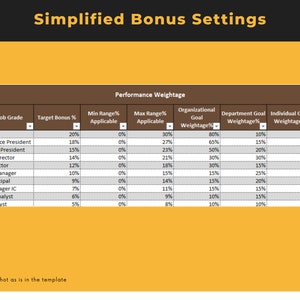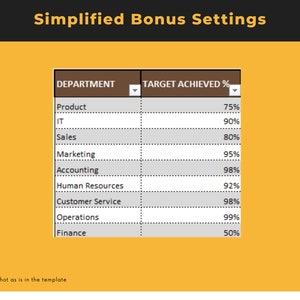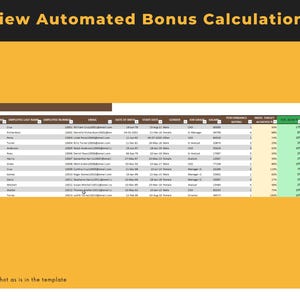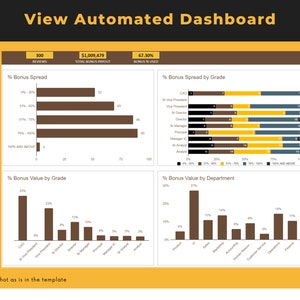Price:Rp15.000
Loading
VAT Included
DOLANTOGEL: Situs Slot88 Anti Kalah Gacor Maxwin Link Alternatif Bonus Deposit Pemula Jackpot Mudah
DOLANTOGEL adalah situs slot88 anti kalah gacor maxwin yang menyediakan link alternatif bonus deposit pemula jackpot mudah, deposit pulsa tanpa potongan, RTP tinggi live, akses cepat anti blokir 24 jam, dan pola mudah menang cocok slotter Indonesia slot88 terbaru.You can only make an offer when buying a single item
Highlights
DOLANTOGEL adalah situs slot88 anti kalah gacor maxwin yang menyediakan link alternatif bonus deposit pemula jackpot mudah, deposit pulsa tanpa potongan, RTP tinggi live, akses cepat anti blokir 24 jam, dan pola mudah menang cocok slotter Indonesia slot88 terbaru.
4.9 out of 5
(777 reviews)
All reviews are from verified buyers
Loading
Reviews for this shop
5 out of 5 stars
5
Alhamdulillah untung pertama permainan togel saya di DOLANTOGEL menang karena dikasih prediksi 4 angka.
5 out of 5 stars
5
DOLANTOGEL pantes disebarkan dimedia sosial karena memberikan bukti jepe yang valid!
5 out of 5 stars
5
Recommends
Giloo! banget ini situs DOLANTOGEL tidak kalah sama situs lainnya.
